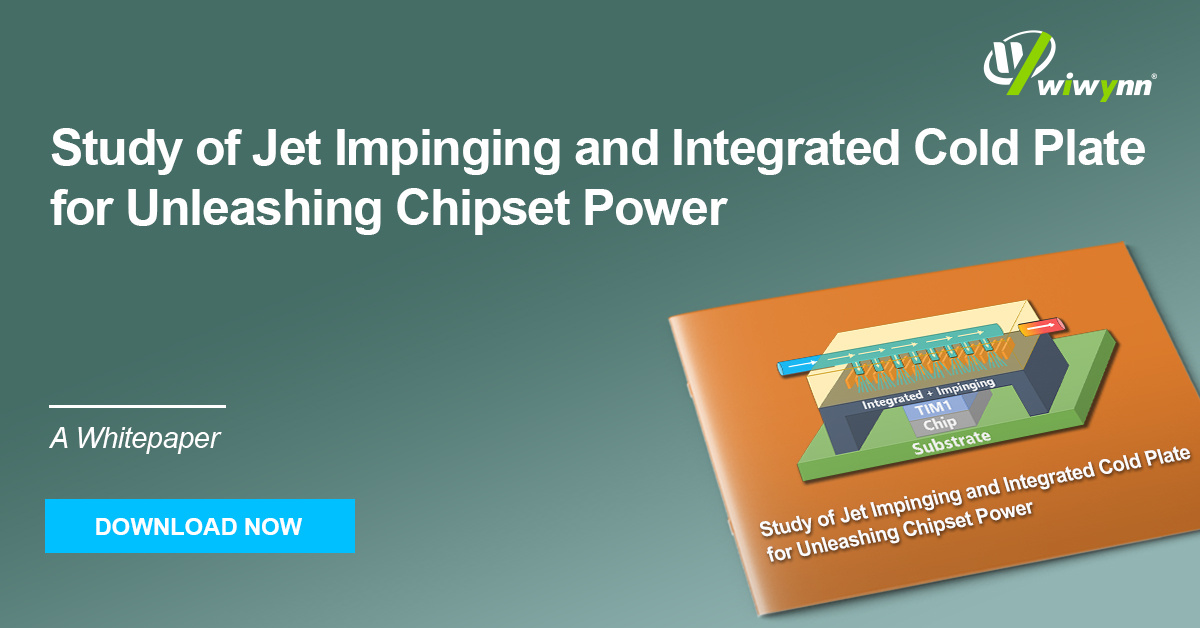2 min read
Autonomous AI Agent for End-to-End Component Data Extraction
1. Objective Streamline complex, error-prone manual data entry Reallocate engineering talent to high-value innovation Achieve end-to-end automation...
1 min read
Press
Updated on July 11, 2025

As thermal design power (TDP) for modern processors such as CPUs, GPUs, and TPUs exceeds 1 kW, traditional air cooling methods are proving insufficient. Liquid cooling, particularly using cold plates, has emerged as a superior solution. This paper from Wiwynn introduces an advanced cold plate design that integrates in-package liquid cooling with jet impingement techniques to minimize junction-to-liquid thermal resistance, eliminating multiple layers of thermal interface material (TIM) and improving heat transfer efficiency.
The proposed integrated cold plate was evaluated through numerical simulations and experimental setups. Simulation results show that these integrated cold plates outperform traditional designs, reducing thermal resistance by 8%. Additional fluidic channels within the chip package, along with direct liquid cooling, further enhance performance by up to 25.7%. The jet impingement cold plate design significantly improves thermal resistance by 20–48% compared to traditional cold plates. When combined with the integrated cold plate, the impingement design reduces thermal resistance by up to 53%.
These advancements demonstrate that integrated impingement cold plates offer significant improvements in thermal management for high TDP processors, making them a promising technology for data centers and AI applications.
Register to Download the whitepaper!

2 min read
1. Objective Streamline complex, error-prone manual data entry Reallocate engineering talent to high-value innovation Achieve end-to-end automation...

1 min read
Deploying large-scale AI clusters introduces engineering challenges that extend well beyond the individual server rack. From liquid cooling...

1 min read
This paper discusses the rapid expansion of AI workloads and the resulting transformation in data center infrastructure requirements. Traditional...